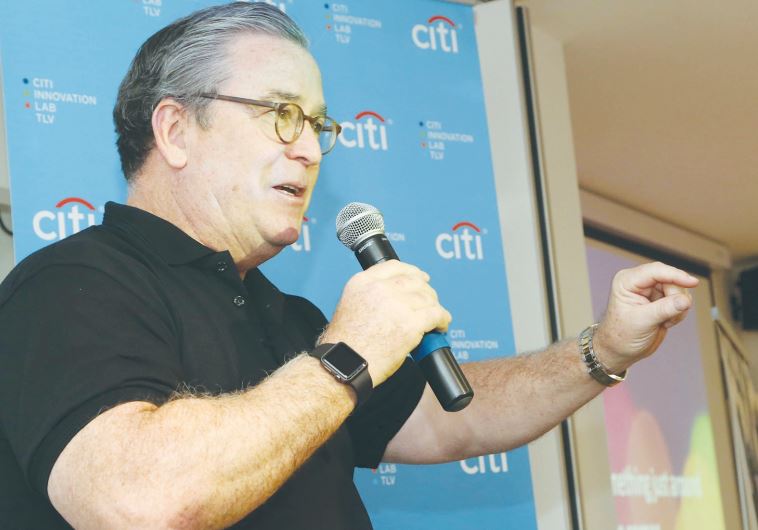Citi says Israel is central player in fintech
Forward-thinking banks are investing heavily in technology, start-ups and the fintech ecosystem, not only to keep an edge on their competition.
 DON CALLAHAN, Citi Global’s head of operation and technology(photo credit: COURTESY CITI)
DON CALLAHAN, Citi Global’s head of operation and technology(photo credit: COURTESY CITI)